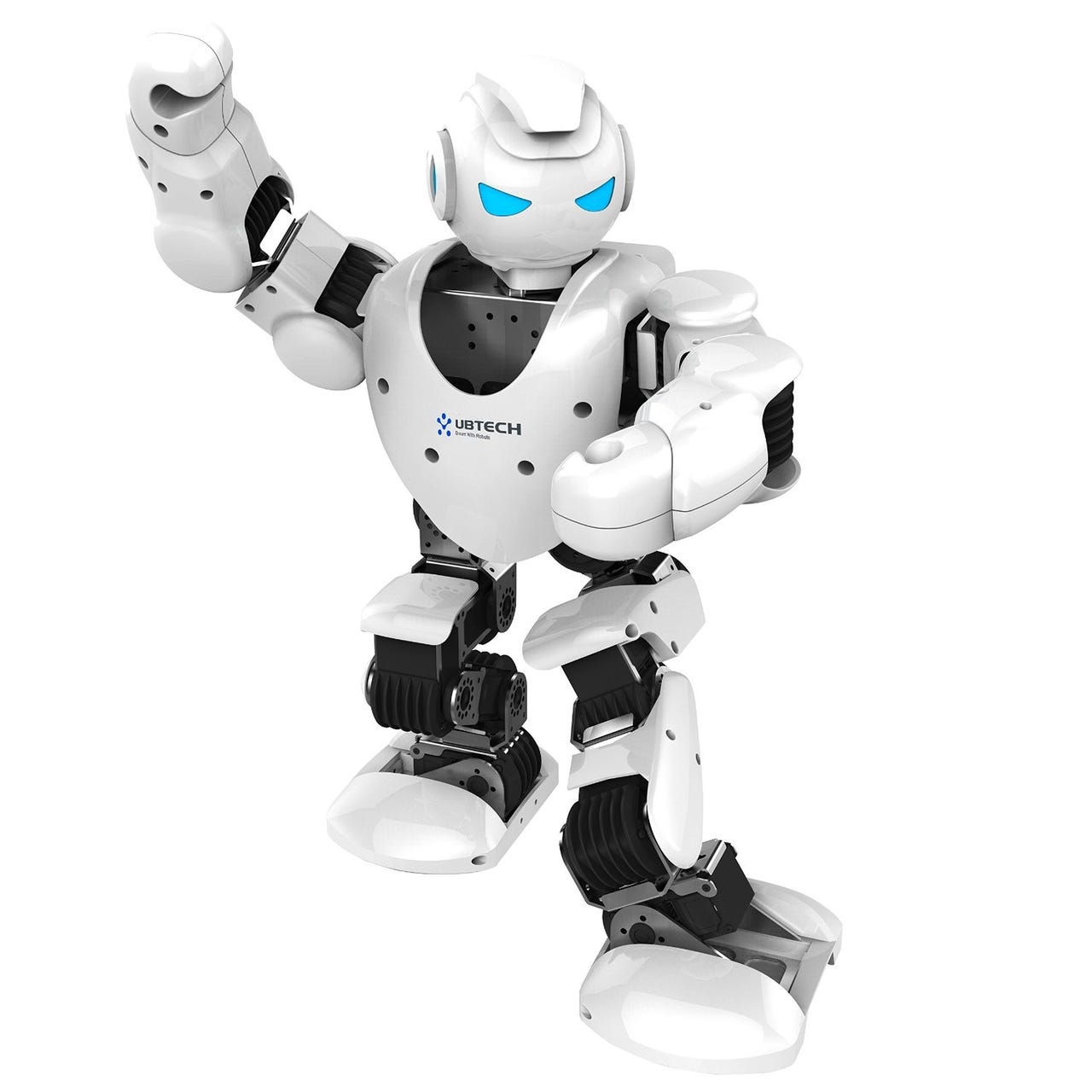A sonar-guided smart robot vac? It's just Phase I of the invasion plan.


Trifo, a home robotics and AI company with offices in Santa Clara, Beijing, and Shenzhen, is announcing $11 million in new funding for an ambitious plan it hopes will finally crack the home robotics conundrum. Phase I hinges on the appeal of an inexpensive robot vacuum cleaner that one publicist recently told me would be a Roomba killer, referring to iRobot's best-in-class line of automated vacuums.
CNET: Best Black Friday deals 2018 | Best Holiday gifts 2018 | Best TVs to give for the holidays
There's not much information on Trifo's forthcoming vacuum, other than that it will include some fancy sensing and guidance capabilities, including sonar, cameras, and SLAM mapping.
But the vacuum itself is really just a Trojan horse, the easiest point of entry for a company whose whole strategy seems to hinge on getting its sensors inside your home so it can offer a more robust package of robotic and smart home services.
It's part of a theory circulating in the robotics industry that home robots won't truly catch on until they integrate seamlessly into a larger smart home package.
"The overall consumer robotics industry is on the verge of a major transformation that leverages the evolution of the smartphone market, cloud-based services, and the smart home," explains Philip Solis, Research Director at ABI Research. "The industry is in the midst of a long-anticipated leap from standalone robots to robots that are part of an expanded and more integrated smart home ecosystem."
The theory is guiding the strategies of some very well-funded robotics players, most notably China's UBTech. So far, UBTech's products consist of robotic toys that are fairly easy to dismiss as novelties. But the firm is busily racking up patents, finding an entry point into people's homes via its marketable entertainment products, all in preparation for a larger push to become the ultimate provider of integrated home robotics systems.
Trifo, which is billing itself as a full stack AI home robotics company, seems to be making the same play. Established in 2016, it already has 40 U.S. and Chinese patents with another 70 applications pending. Maybe not surprisingly, former UBTech COO Xiangsheng Ge recently joined the company to accelerate product development. The firms seem to share the same DNA.
"Robot vacuum cleaners are currently the only home robots on the market, and unfortunately they are not as smart as people think," says Trifo CEO and founder Zhe Zhang. "Products in the market today are designed for a single function and are not intelligent enough to learn to perform other complex tasks for chore automation, such as learning your home's indoor landscape or identifying the best time to perform tasks autonomously."
By building products like vacuums, however, which employ position tracking and visual mapping, obstacle avoidance, environmental perception (temperature, humidity, etc.), and communications functions, Trifo is hoping to sneak in the infrastructure for a connected home robotics platform piece by piece.
The stakes are high. The International Federation of Robotics (IFR) predicts home robotics will be an $11 billion market as early as 2022. But it's also a risky play.
UBTech recently raised $820 million in Series C funding. With its massive war chest, the company can afford to seed the market with products it doesn't expect to be blockbuster hits. Trifo's newly acquired $11 million isn't chump change, but at that level of funding there's going to be short-term pressure to demonstrate revenue.
TechRepublic: A guide to tech and non-tech holiday gifts to buy online | Photos: Cool gifts for bosses to buy for employees | The do's and don'ts of giving holiday gifts to your coworkers
How that plays with the long-term strategy of dominating the home one robot at a time remains to be seen.
Best gifts for co-workers under $50 on Amazon
Black Friday 2018 deals:
- Black Friday 2018 and Cyber Monday 2018: When and where to get the best deals
- Walmart Black Friday ad features $99 Chromebook, $89 Windows 2-in-1 laptop
- BJs Wholesale Black Friday ad leaks with laptop, desktop, tablet deals
- Target Black Friday ad includes $250 iPad mini 4, $120 Chromebook deals
- Costco kicks off Black Friday ad leaks season with $250 iPad, pair of $200 laptops
- Amazon Black Friday 2018: See early deals on Echo, Fire HD, and more
- Dell Black Friday ad features $120 Inspiron laptop, $500 gaming desktop